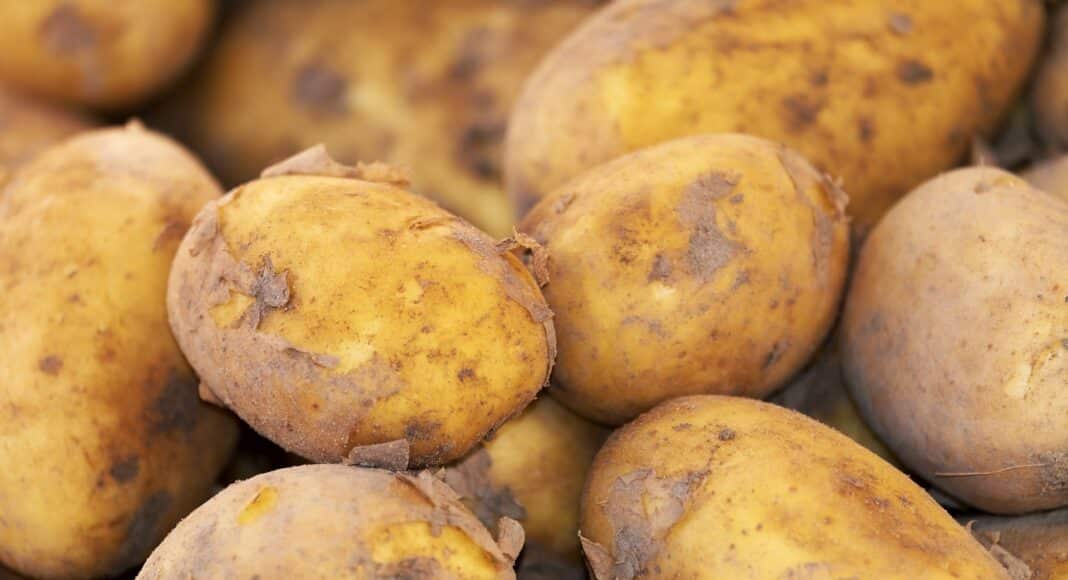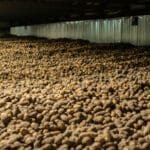A Dutch researcher has found a way to use gene editing technology CRISPR/Cas to make potato plants resistant to late blight disease caused by Phytophthora infestans without putting foreign DNA in the potato genome, according to a release. Daniel Moñino-López, Wageningen University and Research (WUR) researcher, made the breakthrough discovery during his PhD studies.
Through gene editing technology CRISPR/Cas, Moñino-López was able to modify non-functional resistance genes from potatoes that are at risk to late blight. Moñino-López modified them into gene variants that are resistant to Phytophthora infestans found in wild potatoes. This reduces the pesticide use needed to control the potato late blight disease.
“The CRISPR/Cas technology has the potential to change the food and agricultural industries by making the breeding of new, improved varieties faster and more precise. Moreover, this technology has the potential to be employed for a wide range of traits, including resistances to other diseases and pests, nutritional contents, and flavor,” according to the release.
Conventional breeding methods have allowed the resistant genes to be introduced to the new varieties, but the disease adapts quickly. This technology can help not only potato crops but other crops as well and cuts down on the time-consuming breeding process.
Moñino-López is earning his PhD from WUR with research funding from the Dutch Research Council (NWO) and the Dutch Ministry of Infrastructure and Environment.
Related Articles
Molecular Sensor System Developed to Detect Late Blight
New Environmentally Friendly Control Method for Late Blight Discovered











